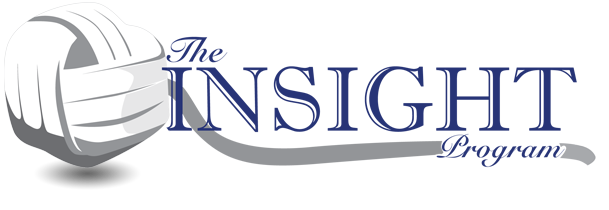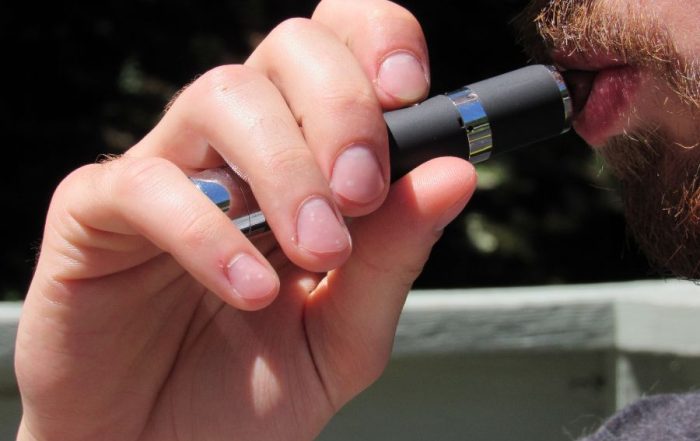3 Reasons Teen Drug Rehab is Different Than Adult Rehab
While we often expect teens to take on adult responsibilities, there’s probably not a parent alive who believes teens and young adults are exactly like adults. So, why do we lump them in with adults where drug and alcohol treatment is concerned?
The teen years are full of insecurity, growth, excitement, fun, ups, downs, and everything in-between. Think back to your own teen years – this is where we often experience our first heartbreak, buck a few rules, experience dramatic physical changes, and go through various “phases” as we learn about what we do and don’t like. This is also a time of branching out from the family system.
There are significant differences between substance abuse / drug addiction treatment for teenagers and adults. When attempting to rehabilitate an adolescent, treatment must be tailored to their specific needs and abilities. The main areas to consider are family involvement, cognitive development/ life experience, social component of treatment / recovery, and aftercare planning. If the expectations and techniques employed for a 15 year old high school student are the same ones used for a 40 year old divorcee, failure is inevitable with few exceptions.
Reason # 1: The Role of the Family
Most young people suffering from substance use disorders have a difficult time recognizing that they have a problem. It is much easier for them to blame whatever entity intervened on their using behavior. Common scapegoats are parents, teachers, and law enforcement. Why is this?
A teenager or young adult is still dependent upon someone else for their well-being. While adults experience consequences that affect them directly, teens often don’t. Many times, it’s the parents who experience the most consequences for their teen’s drug use in the form of lost finances, missed work, sleepless nights, etc. As an aside, this is also one of the primary reasons teens sometimes feel they are too young to get sober — their family has borne the brunt of their consequences.
While adults may have an equal amount of denial, it’s a little tougher for them to place blame on others because they are responsible for all aspects of their own lives (at least in theory). Teens don’t see consequences because they often don’t have a lot of control over major portions of their own lives.
What this means for drug treatment
One of the main differences in the treatment process for a young person versus an adult is the focus on the family. Parental involvement in the treatment process is extremely predictive of a young person’s success in recovery for a plethora of reasons.
Everyday there is an opportunity to support and nurture a young drug abuser’s recovery, or unintentionally sabotage it. The aim is not to place any sort of blame or pressure on the parents, but to arm family members with the information and tools necessary to support a young person in the recovery process.
Reason #2: Cognitive Ability
Anyone who has ever spent time close to an addict can clearly see patterns of irrational decisions, worsening consequences, and illogical excuses. However, teens and young adults seem to especially struggle in this area. There’s a reason for this: it is well accepted science that the prefrontal cortex of the brain isn’t fully developed until around age 25.
The prefrontal cortex is the portion of the brain responsible for such executive functions as impulse control, focus, attention, predicting consequences, and future planning. If you’ve ever wondered why teens have such a reputation for being impulsive, this is why. Teens are amazing creatures – they are spontaneous, fun, funny, and full of life! However, these are the same qualities that cause them to have such massive blind spots where decision making is concerned.
When faced with the proposition of trying cocaine for the first time, most rational adults think about the potential consequences almost immediately, whereas these thoughts don’t even occur in the mind of the teenager.
What this means for drug treatment
Thanks to the underdeveloped prefrontal cortex of the teenage brain, all of the aforementioned behaviors in addiction seem amplified. Expecting a young person who has been using drugs and alcohol to reason and process information logically is (almost) expecting the impossible. It’s also why teenagers have such a high relapse rate (50-90%, according to one study) after treatment.
Teen-specific drug and alcohol treatment needs to be cognizant of these facts. Understanding that they are not very good at future planning means their counseling needs to meet them where they are. Rather than trying to motivate them by helping them plan their lives out, treatment needs to motivate them by helping them have more fun today, without drugs.
Reason #3: Teens are Social Creatures
Often at the behest of their parents, most teens place social connections above all else as they discover where they fit in the world. They no longer rely as much on family members to provide them with validation. In general, this is a good thing – many of the preferences and lessons we take into adulthood are formed during good (or bad) experiences we have as teenagers.
This is true for any teenager, not just those who use drugs. However, when drugs enter the equation, things often take a dark turn.
What this means for drug treatment
Trying to get a teenager not to place importance on their social life presents a couple problems. First, it often flat out doesn’t work. Second, it stops teens from going through normal developmental phases. It’s important for teens to branch out and discover where they want to fit into the world.
Most adults have done this personal research already – they sober up because they want to get their lives back. Teens don’t see it that way. Drug treatment for teens should emphasize helping them develop positive peer connections on their own terms. Age-specific sober support groups work wonders for teens as they develop critical social skills and mature into young adults.
The Aftercare process and beyond
While some of the information in this article may seem bleak, we don’t want to give the impression that there’s no hope. Quite the opposite. Programs who are cognizant of the specific struggles and hurdles that teens face in getting sober can have very positive results.
If a program meets teens where they are, helps them connect with positive sober peers, emphasizes family involvement, and has a robust aftercare treatment plans, there can be very positive results. Families come back together, strained relationships are healed, self worth develops, and much, much more.
However, there’s one last thing to address – the importance of aftercare. Whereas adults can often get their Aftercare needs met by grabbing coffee with sober friends, attending AA meetings, and continuing the process of the 12 steps, teens tend to struggle after treatment.
If the program they enter does a very good job of handing them off into a sober support group, such as an Alternative Peer Group (APG) or enthusiastic sobriety support group, they often experience success over the long haul. This is true even if they stumble in the short term.
From a family perspective, it’s important to maintain connections in their parent support group so they can continue to have support and education along the way. From here on out, setbacks become learning experiences, rather than crushing blows.
If you’ve got any questions about the nuances of teen drug and alcohol treatment, or would like to seek treatment for yourself or a loved one, please get in touch with us at The Insight Program. We’d be happy to spend some time with you developing a plan and supporting you.







